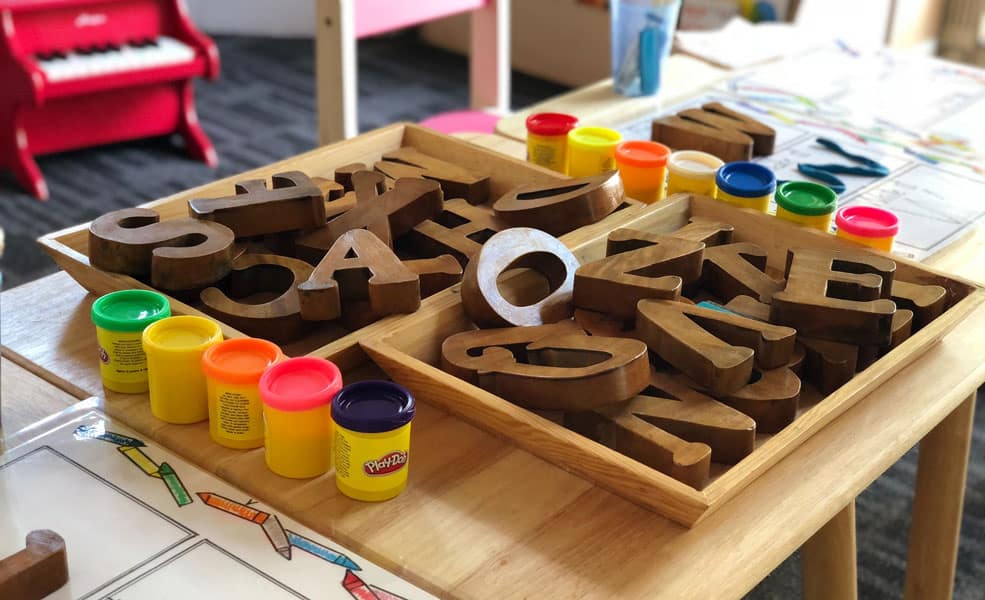In BC, many childcare providers and educators of the early years rely upon the BC Early Learning Framework (ELF) for guiding principles in their educational practices and goals. In October of 2019, this document was updated in order to reflect and be more in line with province-wide changes in educational goals and approaches. In this post, we will review some of the key changes outlined in the new ELF. It is important to note before proceeding that the ELF is not a curriculum. The ELF is meant to be a framework for pedagogical approaches. It does not describe specific learning outcomes but rather guides educators in terms of the ways in which they should understand and approach their educational practice.
BC ELF’s Vision: Respectfully living and learning together
Main Changes to the Updated BC Early Learning Framework (taken directly from the BC Ministry of Education, 2019, source URL at bottom):
- Expanded focus to children from infancy all the way up to 8 years old (previous versions only went up to 5 years of age)
- Increased incorporation of reconciliation and Indigenous ways of knowing
- Increasing inclusivity
- Relates to the new K-12 curriculum, including the core competency goals of communication, collaboration, creative thinking, critical and reflective thinking, personal awareness and responsibility, positive personal and cultural identity, and social awareness and responsibility
- Focus on integrating theory and practice
- Updated inquiry questions address all early learners
So, what do these changes actually mean? Basically, the new ELF is focused on helping young children not only reach typical developmental goals, but also develop comprehensive worldviews, understandings of the world around them and their place in it, as well as the skills necessary to be part of a healthy and productive community. The ELF emphasizes the collaborative nature of early learning and wants to encourage families, educators, and children themselves to have agency in their learning. This philosophy is reflected in the new ELF’s principles as listed below.
Key Principles of the Updated ELF (taken directly from the BC Ministry of Education, 2019, source URL at bottom):
- Children are strong, capable in their uniqueness and full of potential
- Families have the most important role in contributing to children’s well-being and learning
- Educators are researchers and collaborators
- Early years spaces are inclusive
- People build connection and reconnection to land, culture, community, and place
- Environments are integral to well-being and learning
- Play is integral to well-being and learning
- Relationships are the context for well-being and learning
- Learning is holistic
For the full Early Learning Framework document as well as related resources visit: https://www2.gov.bc.ca/gov/content/education-training/early-learning/teach/early-learning-framework
Source for Core Competencies: https://curriculum.gov.bc.ca/competencies

